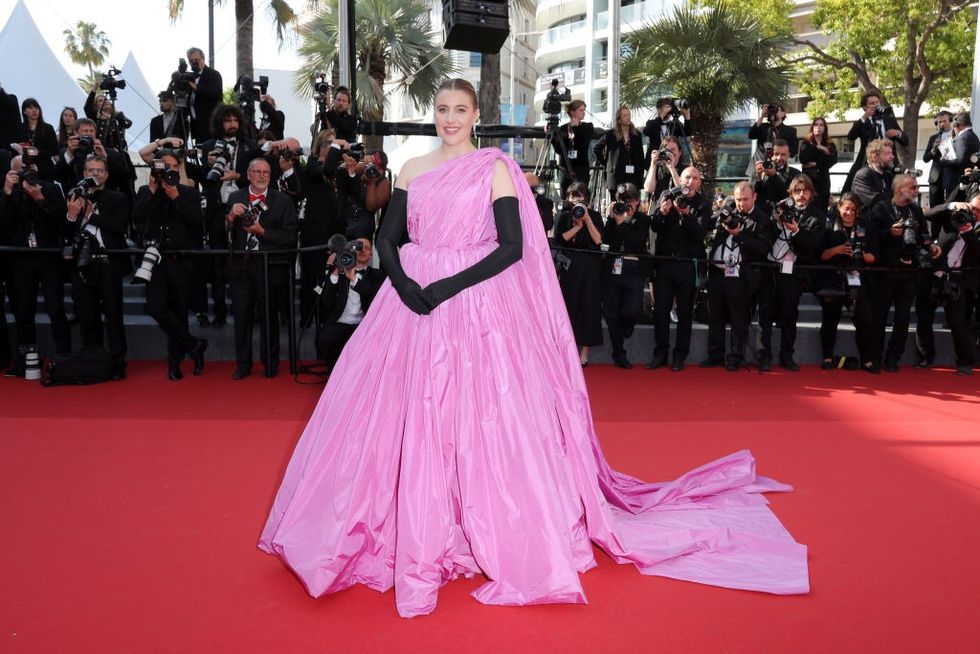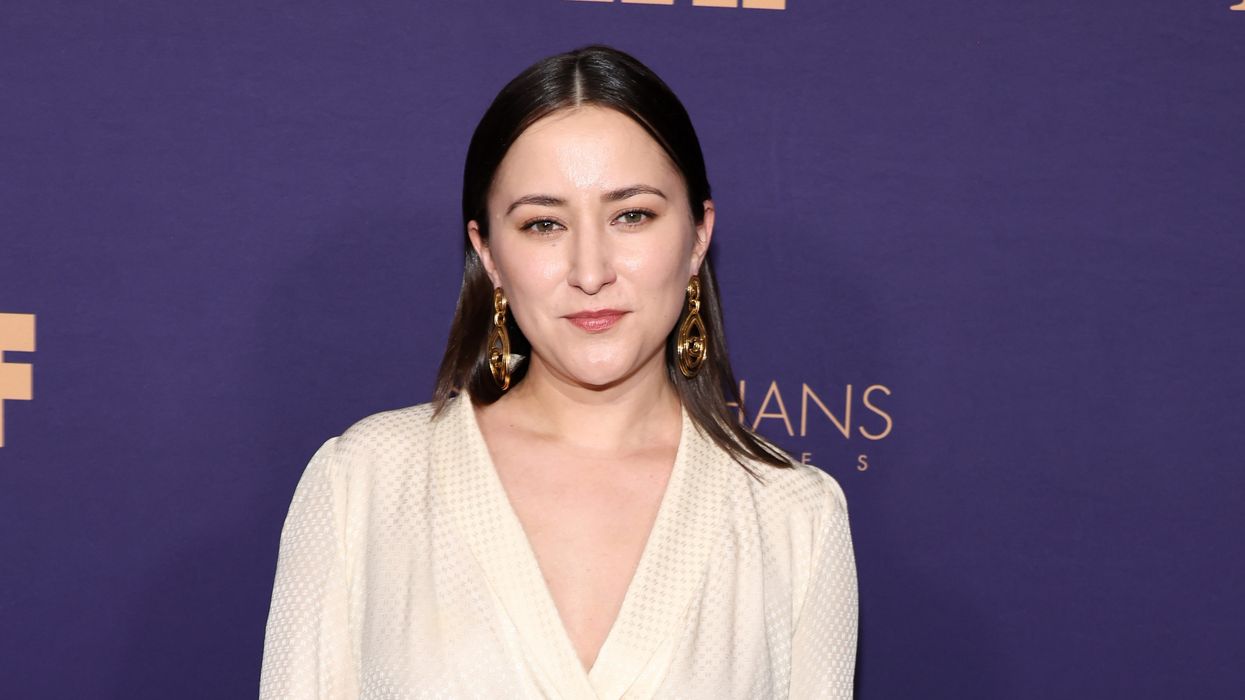The Cannes Film Festival has officially updated its red carpet dress code, explicitly banning full nudity and “excessively voluminous” clothing as part of its ongoing effort to preserve decorum and ensure smooth logistics at the prestigious event. The move comes in response to high-profile fashion controversies and is being implemented in accordance with French law and the festival’s institutional framework.
In a statement released ahead of the 2025 edition, festival organizers clarified that while there is no intention to rigidly police personal style, clear guidelines have now been outlined in the event’s charter. “The aim is not to regulate attire per se, but to prohibit full nudity on the red carpet, in accordance with the institutional framework of the event and French law,” the statement read.
This clarification follows notable incidents in recent years, including a topless protester who appeared on the red carpet in 2022 and the headline-making appearance of Bianca Censori in a see-through ensemble at the Grammys earlier this year. These events have sparked widespread debates about boundaries in fashion, particularly at formal events with global visibility.
In addition to the nudity ban, the festival has also announced a crackdown on outfits deemed too large or cumbersome. The new rule states that the festival “reserves the right to deny access to individuals whose attire could obstruct the movement of other guests or complicate seating arrangements in the screening rooms.” While the policy doesn't directly ban trains or gowns with flair, it clearly signals that practicality and safety are now key considerations on the red carpet.

This clause raises questions about whether elaborate outfits like director Greta Gerwig’s voluminous Barbie-pink gown from the 2024 festival would still be permissible. Though Gerwig’s train was modest, longer and wider designs are known to create traffic jams and even hazards as guests climb the iconic Palais steps.
Cannes has frequently faced scrutiny over its red carpet fashion regulations. For years, the requirement to wear “elegant” shoes at evening screenings was interpreted as a mandate for high heels, often disadvantaging women. Though the festival has recently allowed lower heels—as long as they’re not sneakers—confusion persists. In one 2022 incident, an Indigenous producer was reportedly turned away for wearing traditional moccasins.
The new policies aim to strike a balance between upholding the festival’s sophisticated image and addressing practical concerns related to safety, movement, and respect for cultural norms. As Cannes continues to evolve, organizers hope the clarified dress code will maintain the event’s elegance without stifling creative expression entirely.
With fashion being such a vital element of the Cannes experience, the new rules are sure to spark both debate and innovation as celebrities and designers adapt to the tightened guidelines.
















